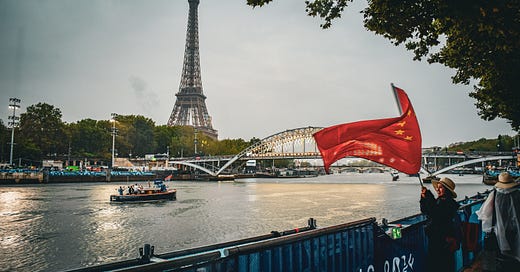The 21st century's complicated world of sport
Trying to understand, explain, and address the outcomes of what is happening poses challenges for everyone in the industry
In its newly introduced column - entitled ‘The Telegram’ - The Economist notes that today’s world makes the Cold War look simple.
During the twentieth century’s second-half, the division between capitalism and communism made the world easier to understand.
Now, it is complex, multipolar, and interdependent, increasingly characterised by insecurity, national self-interest, and rise of powerful states (especially from the Global South).
China is specifically mentioned in The Economist’s column, it for instance claims that, “Chinese firms threaten Western corporations.”
One of these firms - Hisense - has just become FIFA’s first sponsor for the governing body’s new Club World Cup, which will take place for the first time in the United States.
Hisense is already a UEFA sponsor, indeed it was one of several Chinese companies that formed a national majority of sponsors at this summer’s European Championship.
Such developments are not, however, simply a matter of China versus the West, as the likes of Saudi Arabia continue to invest heavily in sport.
These developments pose all manner of issues and challenges, The Economist highlighting that “the world needs explaining”, which is the justification for its new column.
In the same way, we have ventured to explain sport through our book, The Geopolitical Economy of Sport Power, Politics, Money, and the State (published by Routledge in 2023).
Yet changes in the industry are rapid, conflicts across the world pose new challenges, populism and popular unrest shape the decisions sport organisations make, the relentless march of digital technologies are intense and mind blowing, while climate change may ultimately prove to be the most profound influence of all.
The world of sport needs explaining, which this Substack and growing numbers of academics, researchers, leaders, and managers are trying to contend with.





